Illustration of a black hole cluster - Photo: ESA/Hubble, N. Bartmann
New research from the University of Massachusetts Amherst (USA) suggests that within the next 10 years, there is a 90% chance that we will observe a black hole exploding in space. If it becomes a reality, this will be a physics-changing event, confirming many long-standing hypotheses and opening up the opportunity to discover previously unknown elementary particles.
Scientists at the University of Massachusetts Amherst believe these explosions are the final stages in the “death” of primordial black holes. These are a special type of black hole, formed shortly after the Big Bang, with masses comparable to asteroids. Because of their modest size, they have much shorter lifespans than the giant or supermassive stellar black holes at the center of galaxies.
The idea of evaporating black holes was proposed by physicist Stephen Hawking in 1974. According to the theory, in addition to sucking in all surrounding matter, black holes also emit a type of radiation called Hawking radiation, causing them to gradually lose mass and eventually disappear in a violent explosion.
This phenomenon is too weak to observe for most of the black hole's life, but in its final moments, the radiation increases dramatically like a supernova, enough for current telescopes to detect.
For many years, black hole explosions were considered extremely rare, occurring only once every hundreds of thousands of years. However, new calculations suggest that on average, about one explosion falls within our observational range every decade.
To explain, the team hypothesized the existence of a “dark electron,” a heavier version of a normal electron. This particle could give the primordial black hole a form of electric charge, thereby temporarily slowing down the Hawking radiation process and extending its life before exploding.
If the prediction is correct, observing a black hole explosion in the next decade would be a historic moment. It would prove the existence of primordial black holes, provide the first direct evidence for Hawking radiation, and release all the fundamental particles in the universe, from familiar ones like electrons and neutrons to dark matter and even particles never before imagined by humans.
“We will have a complete record of every particle that makes up the universe,” says physicist Joaquim Iguaz Juan of UMass Amherst. “It will revolutionize physics and force us to rewrite the history of the universe.”
Back to topic
MINH HAI
Source: https://tuoitre.vn/vu-tru-sap-xay-ra-canh-tuong-chua-tung-co-ho-den-no-tung-truoc-mat-nhan-loai-2025091720575632.htm


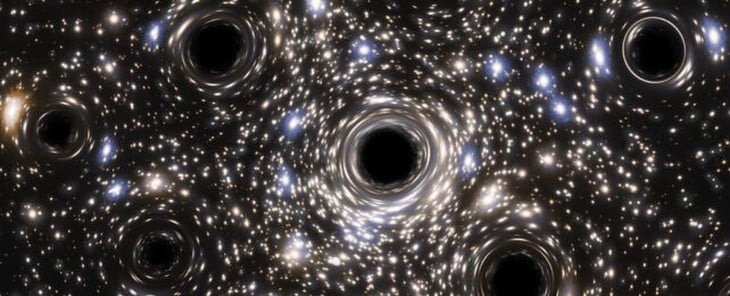
![[Photo] Hanoi morning of October 1: Prolonged flooding, people wade to work](https://vphoto.vietnam.vn/thumb/1200x675/vietnam/resource/IMAGE/2025/10/1/189be28938e3493fa26b2938efa2059e)
![[Photo] Keep your warehouse safe in all situations](https://vphoto.vietnam.vn/thumb/1200x675/vietnam/resource/IMAGE/2025/10/1/3eb4eceafe68497989865e7faa4e4d0e)



![[Photo] President of the Cuban National Assembly visits President Ho Chi Minh's Mausoleum](https://vphoto.vietnam.vn/thumb/1200x675/vietnam/resource/IMAGE/2025/10/1/39f1142310fc4dae9e3de4fcc9ac2ed0)
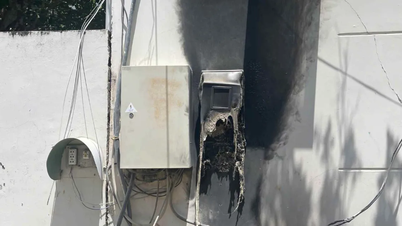



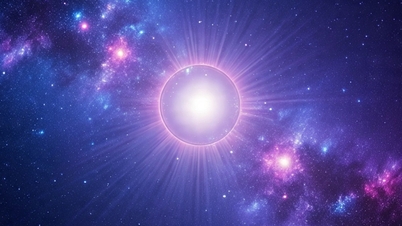

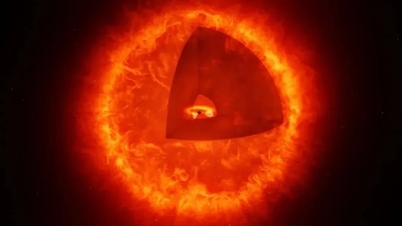

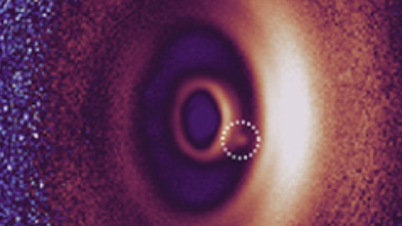








![[INFOGRAPHIC] DJI Osmo Nano Action camera, super compact, 4K 120fps recording](https://vphoto.vietnam.vn/thumb/402x226/vietnam/resource/IMAGE/2025/10/1/8408489112ee446dab897373255c827e)
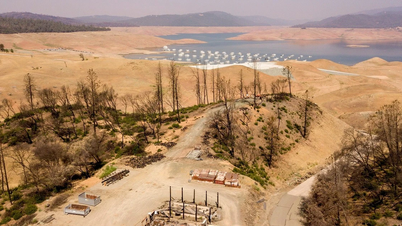











































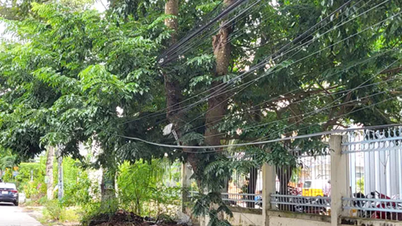






















Comment (0)